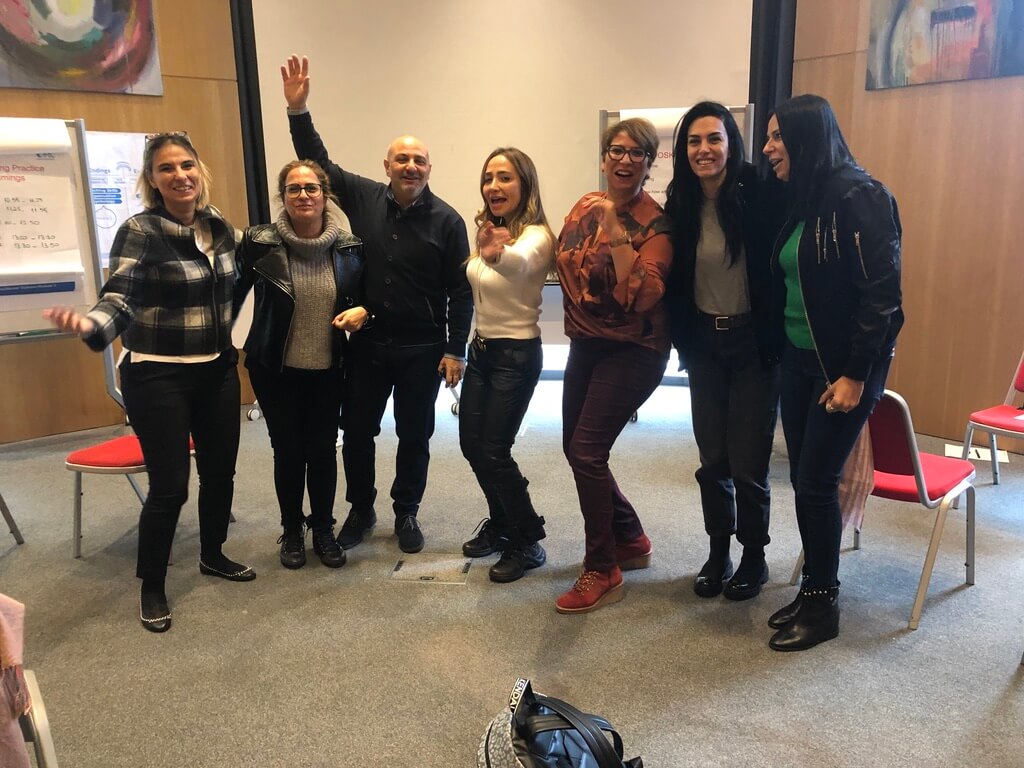The strength of any organization relies on its team and, most importantly, the employees. High-performing, collaborative teams bring innovative ideas, creating a positive work environment. It’s this type of team that nurtures collective achievements and growth.
Appreciative inquiry is a powerful model that has received significant attention from leaders to cultivate a positive, diverse, and innovative team for meaningful results.
Team coaching in Dubai and Abu Dhabi often utilizes the transformative framework used in Appreciative Inquiry to enhance initiatives towards team development. It focuses on driving sustainable success by changing the team dynamics to work together. In this article, let’s see how we can use the principles of Appreciative Inquiry to build an optimistic team environment.
Constructionist Principle
This idea is about how “Reality” isn’t settled; it’s controlled by what people think. We all create reality together through what we say and believe. When we question things that seem definite, we open the ways to making good changes. Reality is formed by how we talk and share ideas.
So when we apply this idea to build a strong group, team members start sharing positive stories and experiences. This helps create a place where people talk and act positively. This positive aura can affect how team members associate and function by adjusting to “Reality.”
Simultaneity Principle
Guided by their ICF Credentials, the Executive Coach in Dubai and Abu Dhabi not only embraces principles that lead to positive outcomes and proven results but also offers a valuable suggestion to explore the impactful principles of Appreciative Inquiry.
Simultaneity principles deal with the interconnection between change and inquiry that can happen simultaneously. It believes that regular discussions and constant questioning have the power to fine-tune the present and future. When team members anticipate a positive future, it inspires them to work and align their thoughts toward such an outcome.
Poetic Principle
This principle is just as the name suggests; it deals with team narratives that they themselves can rewrite through positive affirmations.
When teams co-create a vision that they expect in the future by visualizing it as an inspiring story, they feel empowered to breathe life into it. This principle promotes the concept of dreaming big, achieving high. When teams dream big, they learn to express their collective aspiration in a better light, which also guides them to nurture a positive work environment.
Anticipatory Principle
This principle highlights the advantages of looking ahead and getting ready for positive changes. Change is the only thing that doesn’t change, and having the mindset to accept and adapt to it is crucial for teams to be productive.
By being proactive team players, they can create strategies to take actions that can reduce the gap between their desired future and current situation.
Positive Principle
As you know, positive thinking has much to do with what you feel and achieve. It gets way more powerful when a team thinks positively to create sustainable change that can lead to future success. By embracing this principle, your team will learn to focus on the better side of the team by acknowledging their effort and contributions.
When you cultivate positivity, the team members feel motivated, valued, and seen, leading to growth and success.
Conclusion
Leadership team coaching is about incorporating these principles into teams to foster a positive culture that empowers growth and collaboration. The principles of Appreciative Inquiry make team members get together to engage in productive conversations, share experiences, and collectively brainstorm to shape their future to increase team dynamics, creativity, and performance – leading to a positive work culture.







